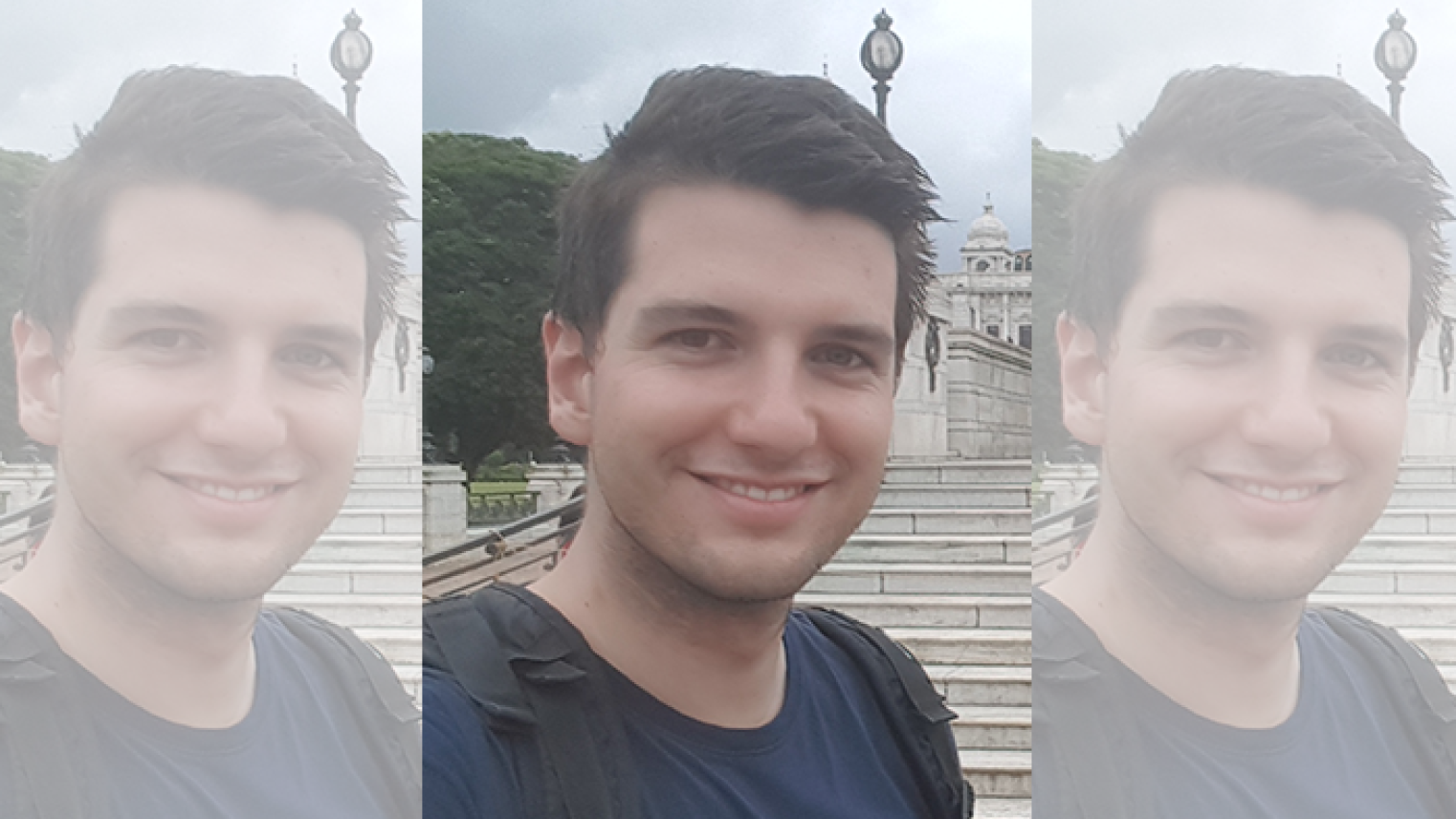Jacob Wray addresses the strategic efforts made by Dutch and Indonesian officials to control cross-border movement during the Indonesian revolution, highlighting its significance for state survival and its enduring impact on post-colonial Indonesia's development.
During the Indonesian revolution (1945–1949), Java and Sumatra – Indonesia’s two most populous islands – were divided between the rival states of the Netherlands Indies and the Republic of Indonesia, each of which claimed sovereignty over the entire Indonesian archipelago. In circumstances resembling those found in other formerly national territories, like Germany and Korea, that were divided in the aftermath of the Second World War, both Dutch colonial and Indonesian republican officials went to considerable lengths to control cross-border movement. The border on Java and Sumatra was not only volatile – a site of skirmishes, incursions, and hijackings – but its existence also coincided with some of the biggest population movements in modern Indonesian history. Among those who crossed the border were Indonesian revolutionaries, Republican diplomats, Allied prisoners of war, ethnic Chinese evacuees, Japanese soldiers, German nationals, Javanese labourers, Indonesian political exiles, Indian deserters, and Indonesian prisoners.
Efforts to police mobility and to restrict border-crossing during the tumultuous years of the revolution have largely been seen as the ill-fated afterthoughts of the colonists and nationalists who were vying for sovereignty over Indonesia. Based on multilingual archival research conducted in six countries, however, this talk will argue that the control of cross-border movement was consistently front of mind for Dutch and Indonesian figures at the highest levels of politics and that these officials viewed controlling movement as essential to the survival of their respective states. Accordingly, efforts to variously restrict and enable the movement of travellers, immigrants, evacuees, repatriates, and prisoners were careful and concerted, and each was devised with the final political status of Indonesia in mind. More than just a defining feature of the revolution, efforts to control cross-border movement between the Dutch colony and the Indonesian republic had a powerful afterlife in post-revolutionary Indonesia, manifesting strikingly in the development of the post-colonial state.
About the speaker
Jacob Wray is a PhD candidate in the Department of Political and Social Change. His interests focus primarily on the history of Indonesia, though he also has broader interests in the history of other parts of Asia and the Pacific. His undergraduate studies involved research in the Indonesian provinces of Papua, Maluku, East Nusa Tenggara, and Central Java.
If you require accessibility accommodations or a visitor Personal Emergency Evacuation Plan please contact the event organiser.
